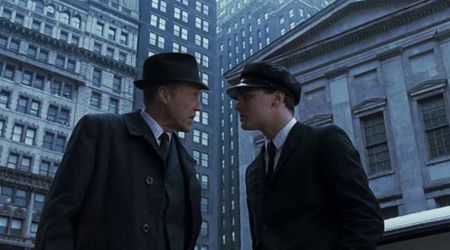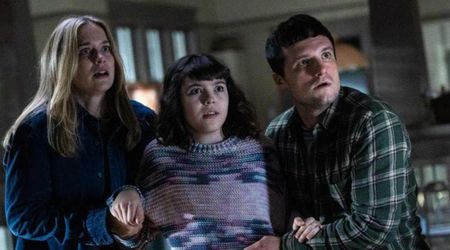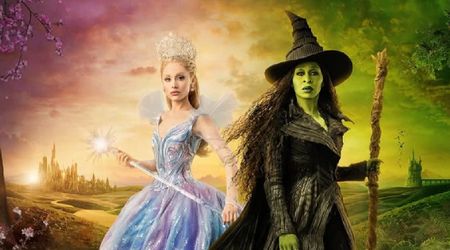Slutsky and Bitchin' | Women retook 20% of key backstage jobs in top films after being shunted out in the past

Slutsky: I am so pumped by this new study by San Diego State University, 'Celluloid Ceiling', that found that women made up 20 percent of all directors, writers, producers, executive producers, editors and cinematographers working on the top 100 grossing films in 2019, compared to only 16 percent of such key behind-the-scene jobs held by women in 2018.
Bitchin': It is progress, I'll give you that.
Slutsky: I hear a "but" coming up.
Bitchin': You get me Slutsky... yes, while it is great women are getting a piece of the pie, is it enough? Men continue to outnumber women four to one in key behind-the-scenes roles right now.
Slutsky: True, but baby steps?
Bitchin': For how long? Especially given how women have been written out of the history of motion pictures. Did you know that in the early era of silent-film-making when "show biz" was more of a cottage industry, women worked as directors, writers, producers, editors, and even camera operators in large numbers?
In the beginning, when there was too little money to be made from the new-fangled "motion pictures" and wasn't "serious" or "important" enough for men to care, women came to Los Angeles from all over the country to work in films. They took up key behind-the-scene jobs that men didn't want at the time.
Back then, it was more about art, creativity, and freedom than it was about money or prestige. The current Hollywood industry is built on the labor of those uncelebrated women who had a huge hand in birthing filmmaking, in a sense, in this country.
Slutsky: I had no idea!
Bitchin': You should read this piece to know more about how women held movie-production jobs in greater numbers between 1930 and 1950 than now, even after the studio system had shunted women out of the directorial chairs they occupied during the silent era.
Slutsky: So essentially, what you are saying is that while the figures are up from 2018, we have actually regressed?
Bitchin': Precisely. So color me frustrated about how we are celebrating meager gains when women have already done better. Back then, in the glorious era of Joan Crawford and Bette Davis, we also had more women-centric stories.
Slutsky: Cut to today, when we are reading headlines about women directors being snubbed by the 2020 Oscars and only films that tell men's stories are being nominated.
Bitchin': Capitalism and patriarchy often go hand in hand. As soon as the lure of money, power, and control come into the equation, a profession becomes more "masculinized". A comparable analogy is how women usually do the unpaid labor of cooking at home "out of love", while chefs who get paid to cook are usually men.
It is a well-known fact that most "professional kitchens" are notoriously toxic and hostile workspaces for women. So its no surprise really that women have been retrospectively erased systematically from the history of filmmaking as Hollywood, as we know it, took shape. This is why the fight around the gender pay gap is so important.
Slutsky: Exactly. Why shouldn't women get a cut of what they helped build and nurture? Instead of being grateful for the scraps we get, it is time to question the system and cycles of exploitation that keep women fighting for the jobs, money, and respect they deserve.
‘Slutsky & Bitchin’ is a weekly column, published Saturday evening, examining the highs and lows of pop culture and media from a feminist POV.










